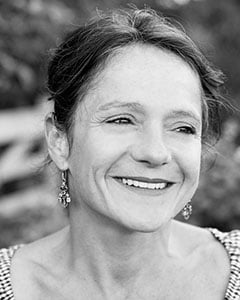E-learning - Internet Journalism
Description
Vocal Characteristics
Language
EnglishVoice Age
Middle Aged (35-54)Accents
British (England - South East - Oxford, Sussex) British (General) British (Received Pronunciation - RP, BBC)Transcript
Note: Transcripts are generated using speech recognition software and may contain errors.
Internet Journalism Part two. It could be said that journalism has not changed very much over the past century. And perhaps even over the past two centuries or more, the essentials remain the same or at least similar privately owned media groups who hire and fire editors, reporters who follow the news and write news stories and features on it. Sub editors who get those stories into shape and do the layout of the publication and advertising departments who try to entice companies and individuals to advertise in the publication today in the UK and all over the world, we have newspapers aimed at the working class, often known as red top tabloids, those aimed a bit higher mid market tabloids and those aimed at people with university degrees, the quality papers. But this too is nothing new read. Andrew Maher's excellent history of British journalism might trade a short history of British journalism. Macmillan 2004. And you'll see that this breakdown has existed for more than 100 years. Read Evelyn Wars 1938 comic novel Scoop. And you find similar headline grabbing media instincts among the owners and editors of popular papers to those we see today.
